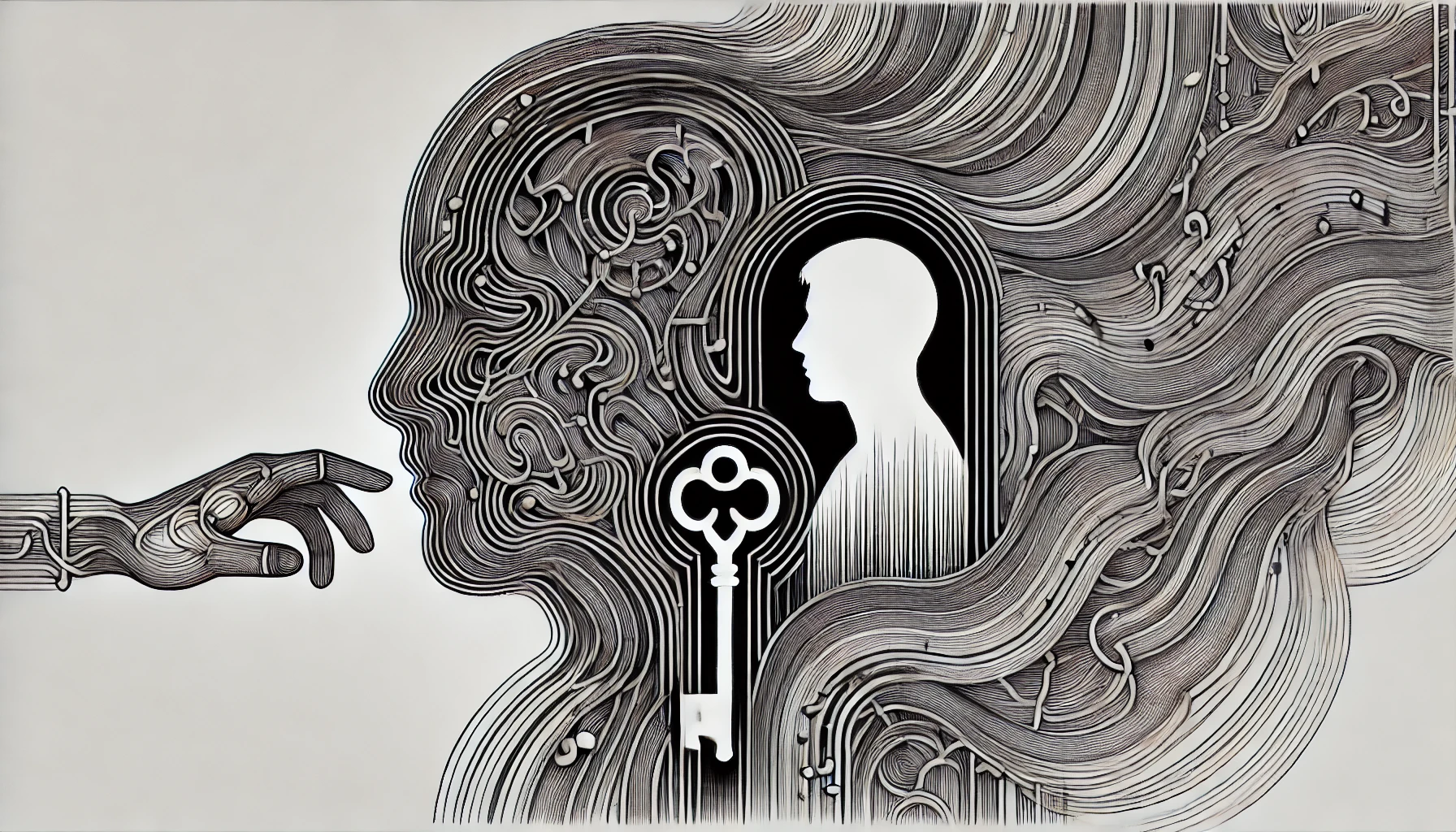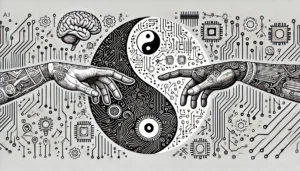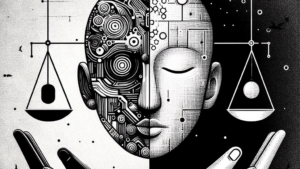There was a moment that completely changed how I think about hiring technical support engineers. During a particularly tense escalation call, I watched one of our newer team members handle a situation that could have ended badly. This person – who came from a customer success background rather than a traditional technical one – transformed what started as a hostile interaction into a genuine partnership. They didn’t immediately dive into the technical problem. Instead, they did something far more valuable: they listened, acknowledged the frustration, and built trust first. That’s when it hit me – we’d been hiring for the wrong things all along.
The Turning Point
This led to a complete overhaul of our hiring process. We stopped requiring extensive technical backgrounds and started looking for what I call “technical empaths” – people who excel at:
- Breaking down complex problems into manageable pieces (former teachers are surprisingly good at this)
- Reading between the lines of frustrated customer messages
- Managing expectations while maintaining transparency
- Learning and adapting quickly
- Staying calm under pressure while keeping customers informed
The Results
The transformation went deeper than metrics could capture. We discovered that critical thinking and emotional intelligence created a completely different support dynamic. Our new hires didn’t just solve problems – they anticipated them. They picked up on subtle cues in customer communications that traditional technical teams might have missed. A slightly delayed response time became a warning sign of growing frustration. A brief mention of an upcoming board meeting revealed the real urgency behind a ticket.
These team members excelled at pattern recognition in human behavior, not just in code. When they spotted a customer struggling to articulate a technical problem, they knew how to guide the conversation with the right questions.
Technical solutions became more creative because we were solving the right problems – not just the ones customers explicitly stated, but the underlying challenges they were actually facing.
The Technical Skills Paradox
Here’s the interesting part – these “non-technical” hires actually became more technically proficient than their traditionally hired counterparts within their first year. Why? Because their learning was driven by genuine curiosity and customer empathy rather than just technical problem-solving.
The Real Role of Technical Support
I’ve come to believe that technical support isn’t primarily a technical role – it’s a translation role. Our job is to translate:
- Technical issues into business impact
- Customer frustration into actionable feedback
- Complex solutions into understandable steps
- Technical limitations into acceptable alternatives
Building Your Team
If you’re building a technical support team, here’s what I now look for:
- Curiosity – Do they ask thoughtful follow-up questions?
- Communication clarity – Can they explain their current job to a five-year-old?
- Empathy – How do they react to a story about a customer crisis?
- Learning agility – Can they walk me through how they’d figure out an unfamiliar problem?
- Grace under pressure – How do they handle unexpected curveballs in the interview?
The technical skills? We can teach those. But you can’t teach someone to care about customers or to stay calm when everything’s on fire.
Final Thoughts
The best support engineers I’ve worked with weren’t the ones who could write the cleanest code or troubleshoot the fastest. They were the ones who made customers feel understood, who could translate technical chaos into clarity, and who genuinely cared about the human impact of technical problems.
In an age where AI is increasingly handling the straightforward technical issues, the true value of human support lies in these harder-to-measure soft skills. That’s what builds customer loyalty, reduces churn, and creates the kind of support experience that becomes a competitive advantage.
So the next time you’re hiring for your support team, try looking beyond the technical requirements. That former teacher, psychologist, or customer service rep might just be your best technical support hire yet.
This complete mindset shift in hiring changed not just our team’s performance metrics, but also the entire dynamic of how we approached technical support. And in today’s increasingly automated world, I believe this human-first approach to technical support will become even more crucial.







